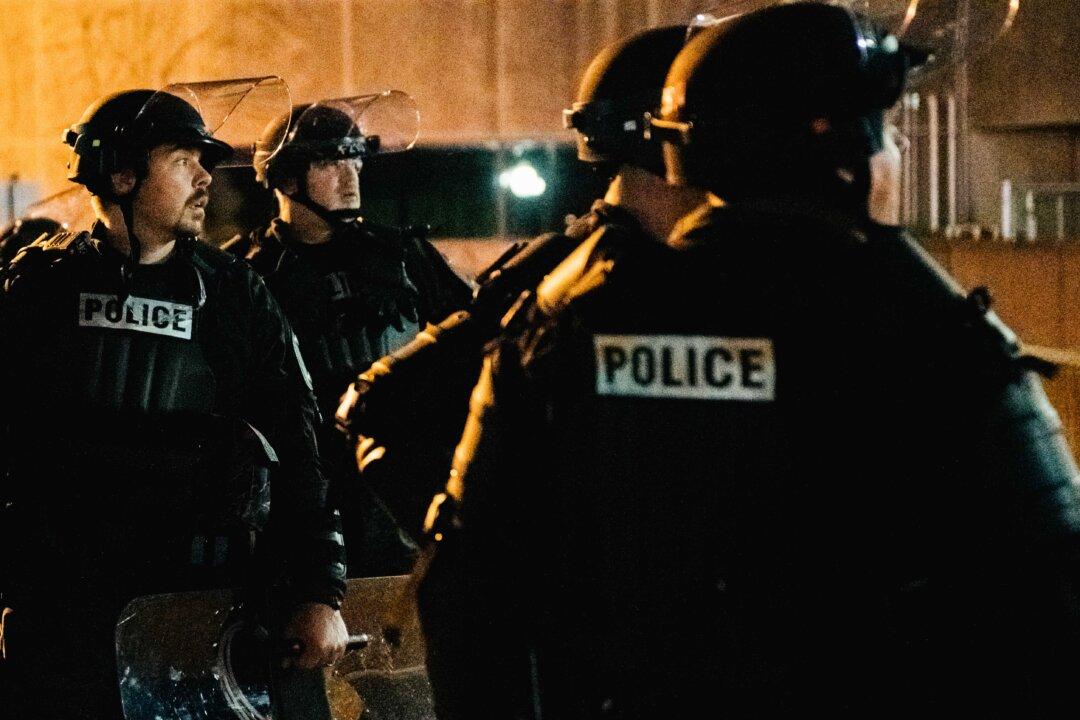Commentary
When analyzing a police intervention, one should always keep in mind that police work is delicate by nature, and the variables to consider are many.

When analyzing a police intervention, one should always keep in mind that police work is delicate by nature, and the variables to consider are many.